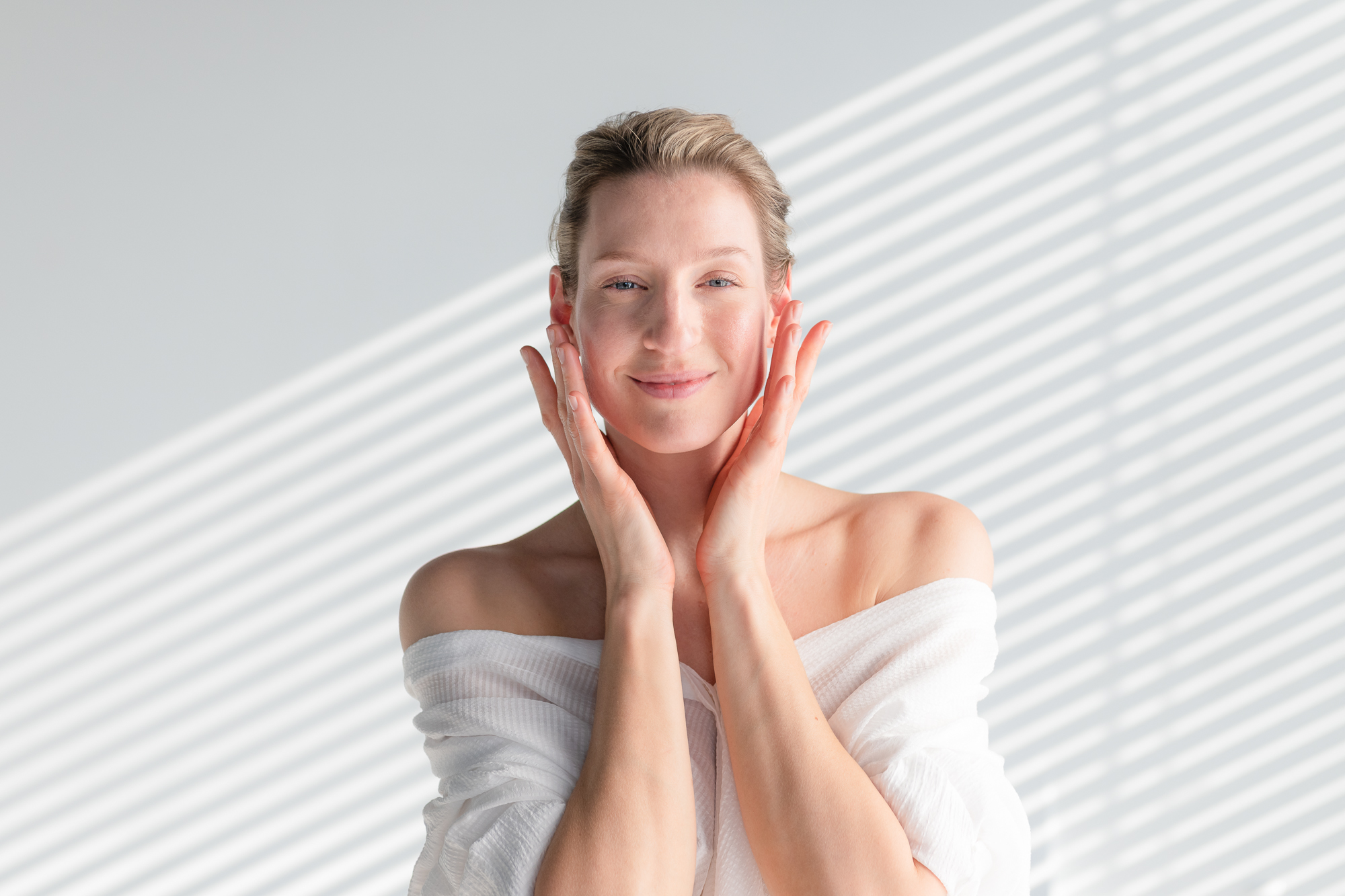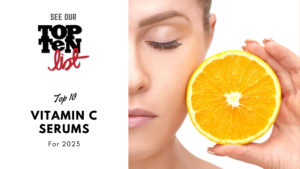Vitamin c and summer skin care


A few years ago, vitamin C had a real cosmetic benefit – products with it in chorus began to produce brands of all calibers. This component is clearly not going to lose ground – data on how useful it is for the health and youth of the skin are only multiplying. However, despite the fact that vitamin C remains one of the most studied active ingredients in cosmetology, there are plenty of misconceptions around it. And most of them are related to whether vitamin C products can be used in the summer or should they be forgotten until the autumn greyness covers the sky. Squinting from the long-awaited sun, we figure out where the truth is.
Is it possible or not?
Let’s do without intrigue – the summer time is not a reason to abandon the “ascorbic” care. Moreover, for those who, for some reason, have not yet managed to join the crowds of fans of this “superfood for the skin”, it is quite possible that they should do it in the summer, when solar activity increases, and with it all sorts of difficulties – photo aging . Pigmentation problems, dry skin and other troubles.
Paradoxically, vitamin C simultaneously makes the skin more vulnerable to ultraviolet radiation and helps it protect itself from the sun. Vitamin C is a powerful antioxidant that helps cells resist the damaging effects of free radicals – they bombard us not only with imperfect ecology and oxygen, but also with the sun’s rays. What’s more, it increases the antioxidant power of other ingredients in cosmetic formulas, which in turn makes it more effective, as is the case with Ferulic acid, for example best vitamin c serum with Ferulic acid.


So where are the concerns?
The fact is that vitamin C is able to influence the production and “resistance” of melanin, which makes it an excellent assistant in the fight against age spots – a rather limited list of ingredients can boast of such properties. It would seem that this is exactly what is needed in the summer, but the key role of melanin is to protect the skin from the harmful effects of ultraviolet radiation: sunburn, freckles and uneven pigmentation are nothing more than the result of this struggle. And while we make our face more uniform with the help of best vitamin C Serum, our skin can begin to beg for mercy, becoming covered with spots again. In other words, it can become photosensitive, and this is fraught not only with aesthetic difficulties, but also with health problems – in particular, the risk of facing skin cancer in this case. Increases noticeably.
How to protect yourself?
Vitamin C can and should be used in the summer when solar activity is high. This ingredient is able to perform a number of tasks that are beneficial for the skin, including “repairing” the breakdowns that ultraviolet brings with it – we will talk more about this benefit a little later. Speaking about the safety of its use in the summer, it is important to note a few points.
First, if you’re using vitamin C products, make sure you have timeless best Vitamin c serum, whether you spend your day swinging in a hammock under an exotic palm tree or at your work computer, hitting the spotlight of UV rays only on your way to lunch at a nearby café. Experts advise choosing those products in which the protection factor is equal to or higher than 30. It is worth noting here that even without vitamin C in care, we are advised not to neglect sunscreen cosmetics, and also to avoid long exposure to the sun, covering the body with clothes, wide-brimmed hats and staying in the shade more often.
If your skin reacts to vitamin C with irritation and redness – and this is not that very common, but still a situation – give preference to products that contain a small percentage of this component. Most often, the manufacturer puts no more than 5% ascorbic acid into soft products – it is indicated by the words Ascorbic Acid or L-Ascorbic Acid. And no more than 10-20% of derivatives, which have quite a lot of compound names, but there is always a word with the root ascorb: Ascorbyl Tetraisopalmitate, Tetrahexyldecyl Ascorbate, Ascorbyl Glucoside and others.
Are there any downsides to vitamin C?
Rather, weak points – it is fragile, afraid of light, heat and oxygen, quickly oxidizes and decays. The cosmetics industry, of course, is looking for, and regularly finding, increasingly reliable ways to make this ingredient stable, such as by formulating it encapsulated, or by packaging the product containing it into ampoules and other mini-containers. If you are worried that this stability is not enough and the daytime sun can negate the effectiveness of the selected vitamin C product, postpone this stage of care for the evening – by morning the cosmetics will do their job, and the sun’s rays will not be able to interfere with it in any way.


